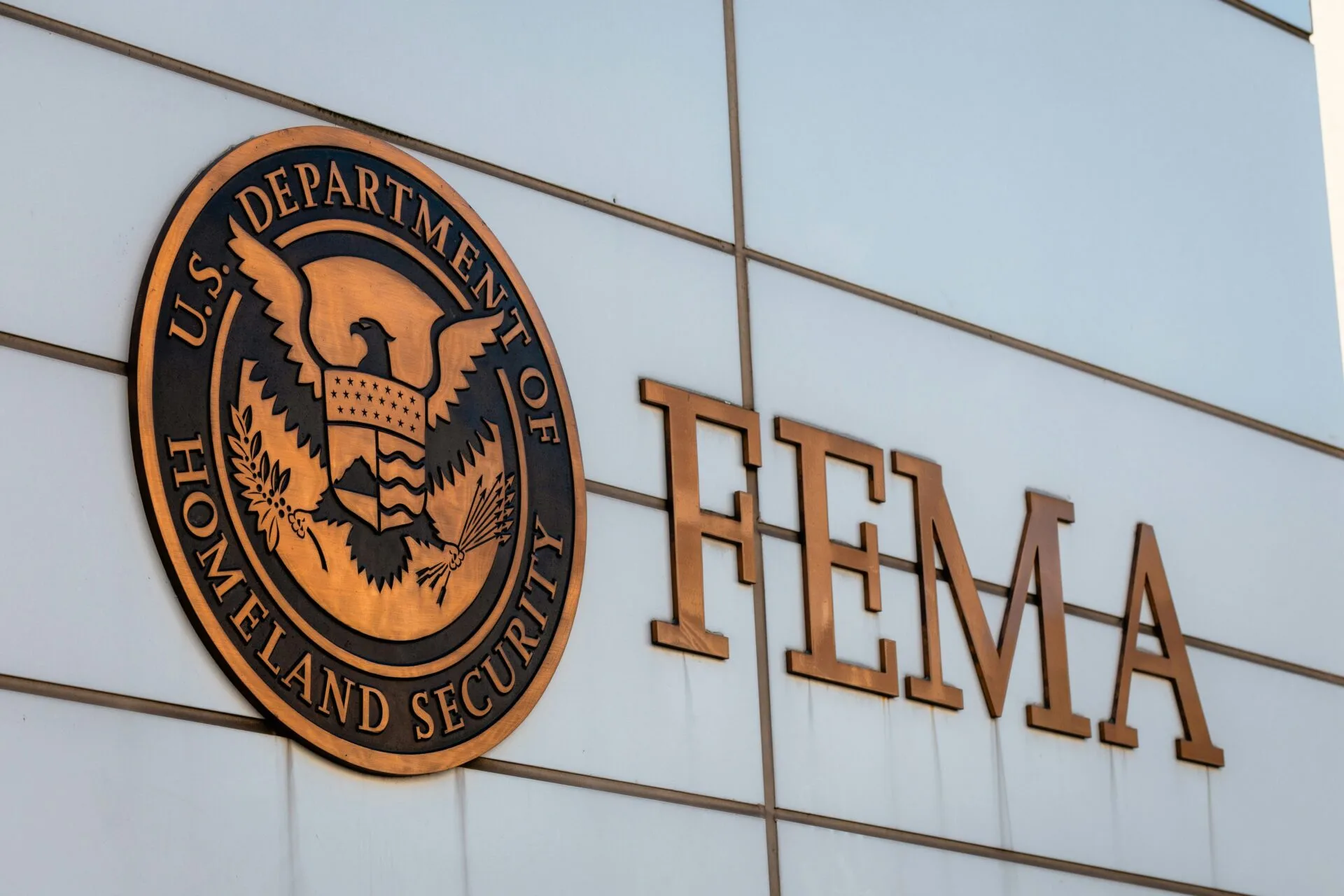“A new Government Accountability Office [GAO] report says the Trump administration delayed funding for federal programs that provide food, shelter, and temporary housing,” recently stated the news source Government Executive. It is a matter that is “raising questions about compliance with federal law and the timing of aid.”
Government Executive points out that the GAO “finding is the sixth time this year” that the Office “has determined the Trump administration violated the Impoundment Control Act [ICA].” The law “lays out a legal process for the president to request [that] Congress cancel previously approved spending.” The process is designed to ensure that Congress fully maintains its sole power over the use of federal funds. GAO discovered that Trump long delayed releasing the funding opportunity notice for FEMA’s Emergency Food and Shelter Program, which must be released before the Program may begin awarding needed grants. And he has yet to release such a notice for the Shelter and Services Program.
“The Constitution grants the President no unilateral authority to withhold funds from obligation,” flatly stated the GAO study. “Instead, Congress has vested the President with strictly circumscribed authority to impound, or withhold, budget authority only in limited circumstances as expressly provided in the ICA.”
And just what are those “limited circumstances,” in plain English? We allow the GAO to describe the basic issue to our readers. Below, The American Spark offers these salient quotes from the study’s “Discussion” section:
“At issue here is whether FEMA violated the ICA by delaying obligations or expenditures for FY 2025 federal assistance appropriations. In the case of some funds, currently available evidence indicates that FEMA violated the ICA because under the fourth disclaimer, an agency is precluded from using its procedures to withhold from obligation or expenditure funds that are ‘require[d]’ by law to be spent. In the case of other funds, we find that FEMA improperly withheld funds by delaying the obligation or expenditure of budget authority. In other cases, currently available evidence indicates that FEMA did not violate the ICA.
Impoundment Control Act
“It is important to understand the constitutional and historical underpinnings of the ICA with respect to the critical role of Congress in exercising its constitutional powers. The Constitution specifically vests Congress with the power of the purse, providing that ‘No Money shall be drawn from the Treasury, but in Consequence of Appropriations made by Law.’ The Constitution also gives Congress the exclusive power to legislate and sets forth the procedures of bicameralism and presentment, through which the President may accept or veto a legislative bill passed by both houses of Congress, and Congress may subsequently override a presidential veto.
“This process does not grant the President the authority to pass his own laws or to ignore or amend a law duly enacted by Congress. Instead, the President must ‘faithfully execute’ the law as Congress enacts it. It follows from this that Executive Orders cannot function to repeal or undo legislation.
“Once enacted, an appropriation is a law like any other, and the President must implement it by ensuring that appropriated funds are obligated and expended prudently during their period of availability unless and until Congress enacts another law providing otherwise. In fact, Congress was concerned about the failure to prudently obligate according to its congressional prerogatives when it enacted and later amended the ICA. [A note to this report states that two old congressional reports accompanying bills turned into law – one from 1974, the other from 1987 – stated that Congress wanted to make sure that ‘the practice of reserving funds does not become a vehicle for furthering Administration policies and priorities at the expense of those decided by Congress.’
“The Constitution grants the President no unilateral authority to withhold funds from obligation. Instead, Congress has vested the President with strictly circumscribed authority to impound, or withhold, budget authority only in limited circumstances as expressly provided in the ICA.
“The ICA separates impoundments into two exclusive categories – deferrals and rescissions.
“First, the President may seek to temporarily withhold funds by proposing a ‘deferral.’ Second, the President may seek the permanent cancellation of funds for fiscal policy or other reasons, including the termination of programs for which Congress has provided budget authority, by
proposing a ‘rescission.’
“In either case, the ICA requires the President to first transmit a special message to Congress outlining the amounts in question and the reasons for the proposed deferral or rescission. These special messages must provide detailed and specific reasoning to justify the withholding, as set out in the ICA. The burden to justify a withholding of budget authority rests with the executive branch.
“While the ICA does not circumscribe why funds can be proposed for rescission, it only permits deferral of budget authority in a limited range of circumstances: to provide for contingencies; to achieve savings made possible by or through changes in requirements or greater efficiency of operations; or as specifically provided by law.
“With respect to deferrals, the ICA specifies that the funds at issue are only temporarily withheld and must still be obligated before expiration.
“And with respect to proposed rescissions, the funds must still be obligated unless Congress acts within 45 days to pass a new law rescinding them.
“The ICA’s fourth disclaimer further clarifies that the ICA’s proposed deferral and rescission mechanisms do not provide any process by which the President may withhold from obligation or expenditure funds that are ‘require[d]’ by law to be spent; rather, such withholdings are categorically prohibited.”






